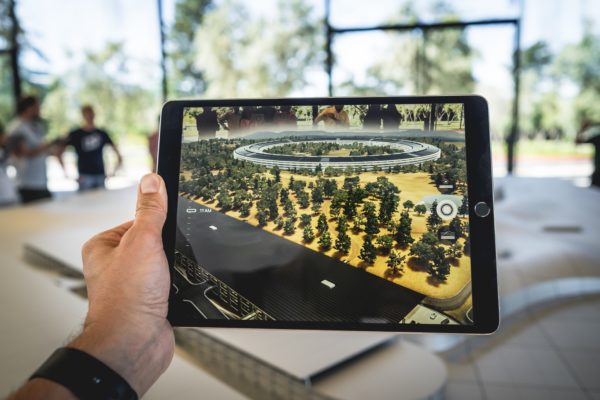A world-first method to produce entirely sterile colonies of blowflies will benefit research into maggot debridement therapy.
Maggots are not the most glamourous of laboratory subjects, but research from Deakin University has highlighted the important role they have to play in treating wounds and fighting infections in a time of increased antibiotic resistance.
In a new paper published this month in Medical and Veterinary Entomology, entomologist and Deakin PhD student Ms Natalie Gasz and entomologist and Associate Professor in forensic science at Deakin Michelle Harvey have outlined a ground-breaking method of raising a species of blowfly, “Lucilia sericata,” from egg to adult in an entirely sterile environment.
Ms Gasz, a Victorian semi-finalist in this year’s FameLab competition and the 2015 winner of Deakin’s Three Minute Thesis award for her presentation on “Medical Maggots – Misunderstood Superheroes,” is investigating the bacteria found within the maggots of “Lucilia sericata” and the role they may play in maggot debridement therapy (MDT).
MDT involves placing sterilised maggots into a wound to remove dead tissue and stimulate new tissue growth. It is thought that the mechanical action of the maggots consuming dead flesh and the enzymes they excrete contribute to healing.
Ms Gasz is hoping to identify what role, if any, the bacteria found within maggots play in how maggots heal wounds and whether they could be harnessed further in the fight against antibiotic resistance.
“There are over 900 bacterial species that live within wild flies and maggots and we know that the relationship between the bacteria and the insects is significant in some way,” Assoc Prof Harvey explained.
“What we don’t know is how and why, and we couldn’t go further without a method that enabled us to remove the bacteria from the maggots’ environment in the first place.
“This technique has given us a way that we can actually manipulate the flies’ environment and assess for the first time whether the bacteria are truly significant for them.”
Assoc Professor Harvey explained the new method has shown it’s possible to raise flies through their lifecycle in a sterile environment without affecting their growth.
Although this would appear to indicate that bacteria is not required for the insects’ survival, adult flies refused to lay eggs on a sterile material.
“If there is no bacteria present in the food source for the offspring, the adult fly ignores the food source and won’t lay,” Assoc Prof Harvey said.
“So it would seem that there is, in fact, some kind of role for the bacteria.”
The breakthrough is significant, not only to the continuation of Ms Gasz’s PhD research, but to the further development of effective MDT.
“In many cases, MDT can overcome antibiotic resistant superbugs and avoid the need for surgical intervention,” Assoc Prof Harvey said.
“However, the research revealed a difference in the performance of sterile and non-sterile maggots in MDT. It seems that when ‘gram negative’ bacteria are present in the maggots, the maggots produce chemicals that aren’t present in sterile maggots.
“The implication for MDT is that if you put a sterile maggot into somebody’s wound, it’s probably not going to perform as well as a non-sterile maggot.
“We may be short-changing ourselves in our fight against anti-bacterial superbugs.”
Assoc Prof Harvey hopes that, with the assistance of recent internal funding, the beneficial species of bacteria and their pharmaceutical significance will be identified by the end of this year.
She is also working with a new, multidisciplinary group at Deakin involving researchers from the Centre from Integrative Ecology, the Centre for Chemistry and Biotechnology and the School of Life and Environmental Sciences to identify the species of bacteria using DNA and chemical technologies.
“I was drawn to forensic entomology because I wanted to use insects and my love of them to be able to help people in some way,” Assoc Prof Harvey said.
“This is the perfect situation for me; it’s basic entomology, but it’s looking at interactions in a multidisciplinary way. That allows us to make an impact in different areas, rather than one discrete field.”
This story was published by Deakin Research on 27 April 2017.



